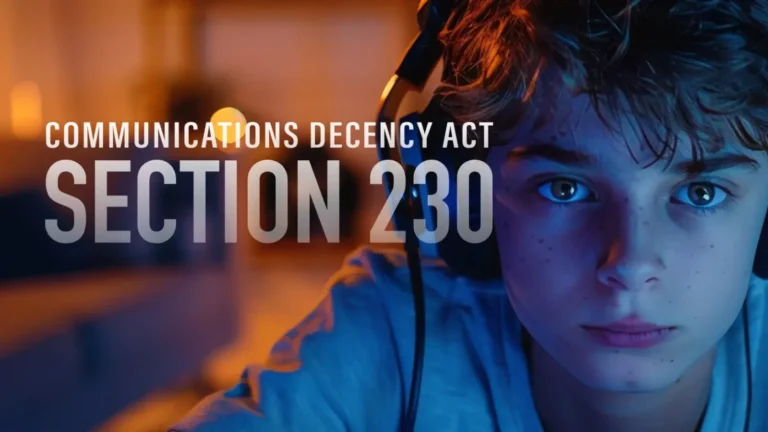WASHINGTON, DC (August 9, 2022) – The National Center on Sexual Exploitation (NCOSE) applauded Snapchat for launching Family Center, a new tool to help parents gain insight into who their children are interacting with on the popular app.
“To date, Snapchat’s incremental protections for minors using the platform have not been robust enough, given that it consistently ranked one of the most dangerous platforms for children. We’re thrilled that Snap has finally launched a much-needed toolset giving parents and caregivers greater oversight and insight into their children’s use of Snapchat – something for which NCOSE and our allies have been advocating for years. We’re grateful to Snap for these improvements and strongly encourage anyone who has a teen on Snapchat to take advantage of them,” said Lina Nealon, director of corporate and strategic initiatives for the National Center on Sexual Exploitation.
Snapchat’s changes include:
- Parents can see their kids’ “Friends” list and with whom and when they are messaging, but are unable to see the content of the messages.
- Parents and caregivers can more easily report any account that may be concerning directly to Snap’s Trust and Safety teams without their children knowing, but are unable to block or remove their children’s “Friends.”
- New resources to help caregivers and kids have constructive and open conversations about online safety (though unfortunately there is no information related to sexual abuse or exploitation – which are major risks on the platform).
- Family Center is now available in the U.S., UK, Canada, Australia and New Zealand, followed by additional international markets later in August 2022 and in the weeks to follow.
“While providing tools for caregivers is a critical step in the right direction, they do not in and of themselves make children safer. Platforms needs to be as safe as possible for all minors, regardless of whether or not they have active and involved parents. In fact – those are the children that most need protection. We encourage Snapchat to continue exploring features that will increase their young users’ safety and well-being,” stated Nealon.
NCOSE would like to see Snapchat make these change to further protect minors:
- Automatically block, or at the very least blur, sexually explicit images being sent to minor accounts. Provide warnings before minors send nude images. Bumble and Apple both use technology to do so. Ideally, caregivers would receive some type of notification. Snapchat is a top choice for exchanging nude images between minors, as well as for predators grooming young people.
- Send warnings, resources, and prompts to minors to report, block, remove accounts sending sexually explicit content .
- Use available technology and blocking patterns to identify “suspicious adults” and further prevent them from reaching minors – similar to Instagram.
- Send alerts to parents when friends are added or removed, settings are changed, or sexually explicit images are being sent or received.
- Proactively identify, remove, and block accounts posting and promoting pornographic content with greater efficiency and proactive measures.
- Provide resources to parents and children (in-app and in the Parents Guide) re: crimes and dangerous trends rampant on Snapchat including sexting, sextortion, grooming, child sex abuse material, sex trafficking, etc.
“NCOSE has been advocating for Snapchat to increase safety measures since February 2017, when it was first placed on our Dirty Dozen List as a hub for child sexual abuse material, sextortion, pornography, sex trafficking, prostitution, and the monetization of sexually explicit material,” Nealon said.
Over the past year, Snapchat has implemented several NCOSE-recommended changes, including: Minors can’t change birth year once entered; Making it harder for strangers to connect with minors; Setting teen accounts to private by default; and age-gating the Discover section drastically reducing harmful and inappropriate content served to teens.
About National Center on Sexual Exploitation (NCOSE)
Founded in 1962, the National Center on Sexual Exploitation (NCOSE) is the leading national non-partisan organization exposing the links between all forms of sexual exploitation such as child sexual abuse, prostitution, sex trafficking and the public health harms of pornography.



